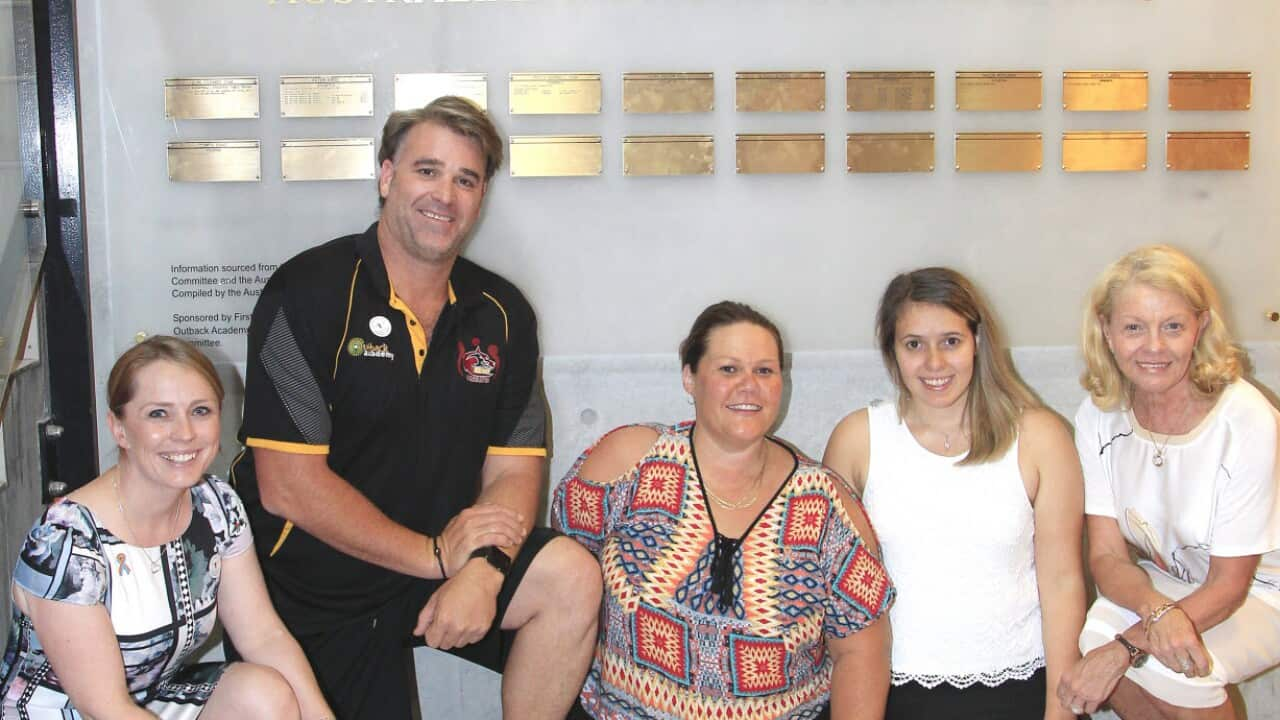The YouTube movie features a range of stories, told by those experiencing disability and their families.
One man who lost his vision in 1990 opens the video reminding the viewer that “every single person has a story”.
“…Everything needs to start with healing,” he says in the video, discussing disability and the related social issues that stem from it.
“With that healing comes that empowerment of achievement and acknowledgement of self for just being you.”
A mother of an autistic son also introduces herself, as does a 22-year-old woman with a mental health disorder.
“I’m funny. I can be quite cheeky too,” she says in the video.
A teenager is also shown painting Aboriginal colours on canvas.
“It’s the Aboriginal flag and it’s got my mum, my sister in the wheelchair and…me in the middle.”
The video, part of the Living My Way project, which aims to support work happening at the grassroots to ensure that Aboriginal and Torres Strait Islander people with disabilities, particularly those living in regional and remote communities, are given the appropriate support and information to access the (NDIS).
“It’s the Aboriginal flag and it’s got my mum, my sister in the wheelchair and…me in the middle.”
“Aboriginal people experience disability at higher rates than the general population and there is an important opportunity as the NDIS rolls out, to build the capacity and build the infrastructure that will enable the full participation of Aboriginal people,” June Riemer, executive director, told NITV.
“Most importantly, when the time comes, the services wanted and needed must be available.
“At the moment resources are scarce, particularly in regional and remote communities.”
But, she said, the NDIS will also generate benefits for Indigenous communities.
“We think there is a great opportunity for employment and a whole of community response to disability across the country.”
Ms Riemer said she hopes the documentary will generate more conversation about the changes to the disability service system around the country and the ways our communities can be prepared.
“Ultimately, we want our people to know what’s on offer and to be able to say ‘I'm 'Living My Way' in my community and I have the support that I need for independence and inclusion."


